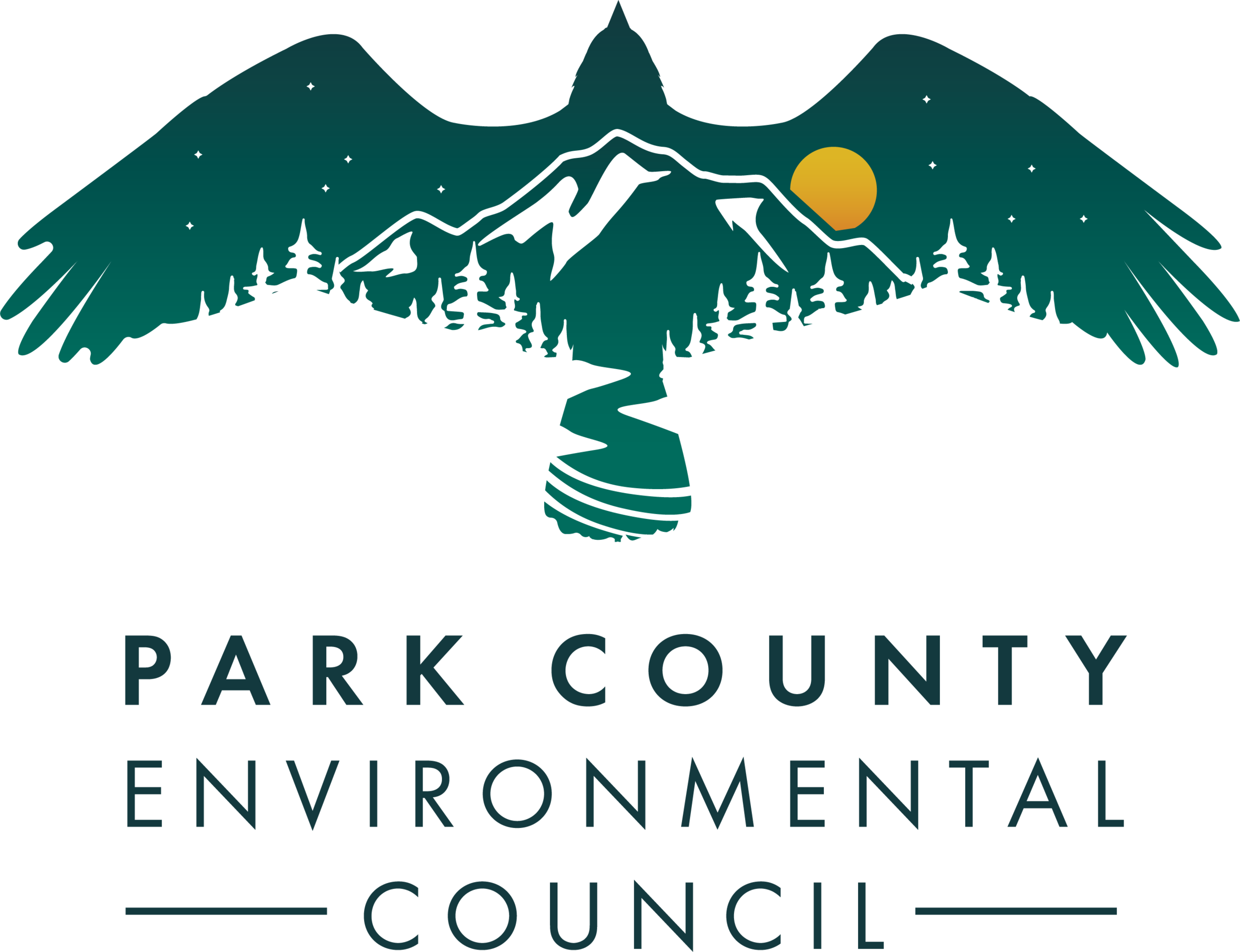Yellowstone River Recreation Use Study Update
It goes without saying that the Yellowstone River is one of the great natural resources in Park County. The Yellowstone, known to the Apsáalooke, or Crow tribe, as the Elk River, has been a central part of this landscape for countless generations. We are only the latest ones to devote our time and energy to its preservation.
If it wasn’t for those who stood up in the 60s and 70s, there would likely be a dam in the canyon south of Livingston feeding water to coal-fired power plants downstream.
And now that responsibility falls to all us and to groups PCEC partners with, like the Upper Yellowstone Watershed Group (UYWG), to keep a watchful eye on the river and to champion causes and projects that benefit not only the river, but this community who cares deeply for it.
Now, we’re seeing the effects of a new form of pressure and threats to the river. We have the impacts of climate change to confront, with lower stream flow, changing runoff patterns and drought, but also have ourselves to deal with more and more. As this area grows in popularity, not only with increased development, but also with growing tourism and visitation, we need to look at our own collective presence and impacts on the river.
The River Recreation study being led by the UYWG is one such beginning. This study grew from the concern expressed by our community and will help us as we move into the future and come up against the need to make some important decisions regarding how we responsibly use and enjoy the river.
The purpose of the study, begun in 2020, is to establish a baseline of recreational use on the upper Yellowstone River, from Gardiner downstream to Carter’s Bridge, by level and type of use, time of season, and location. It also seeks to evaluate the “carrying capacity” at various river access sites with boat launch facilities, and identify what improvements might be considered. To provide insights into how people recreate on the river and their overall on-the-river experience, an initial intercept survey of river users has also been conducted.
A vital part of the study is to work with river interests to identify best practices, issues and impacts, and collaboratively work with all interests to identify and sharpen a set of priority actions for consideration.
PCEC recently hosted a Community Conversation with Whitney Tilt and Jeff Reed to provide an update on the study, and the data collected in 2021. You can watch the presentation below.
To learn more about the study visit: https://www.upperyellowstone.org/recreational-use

